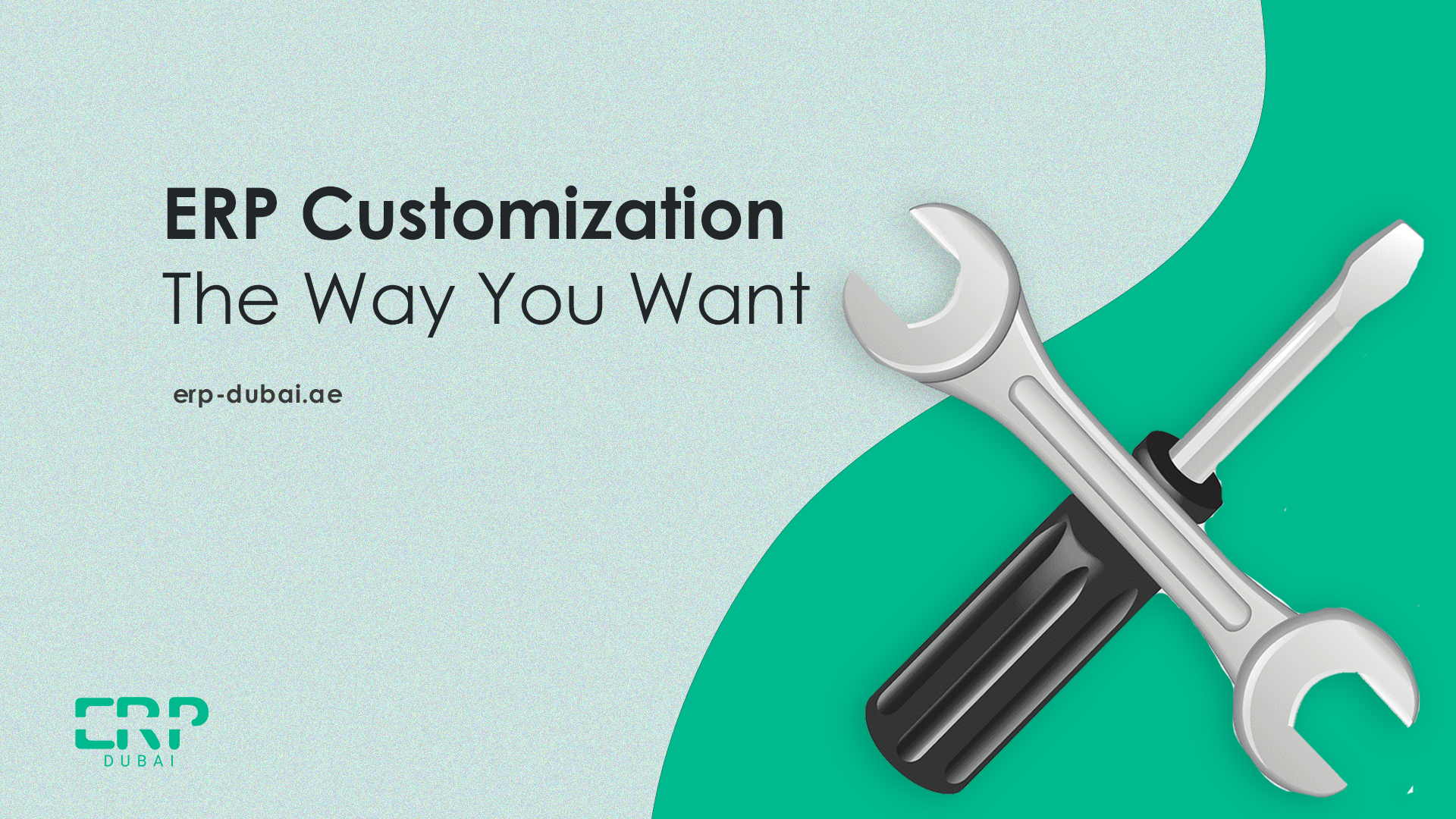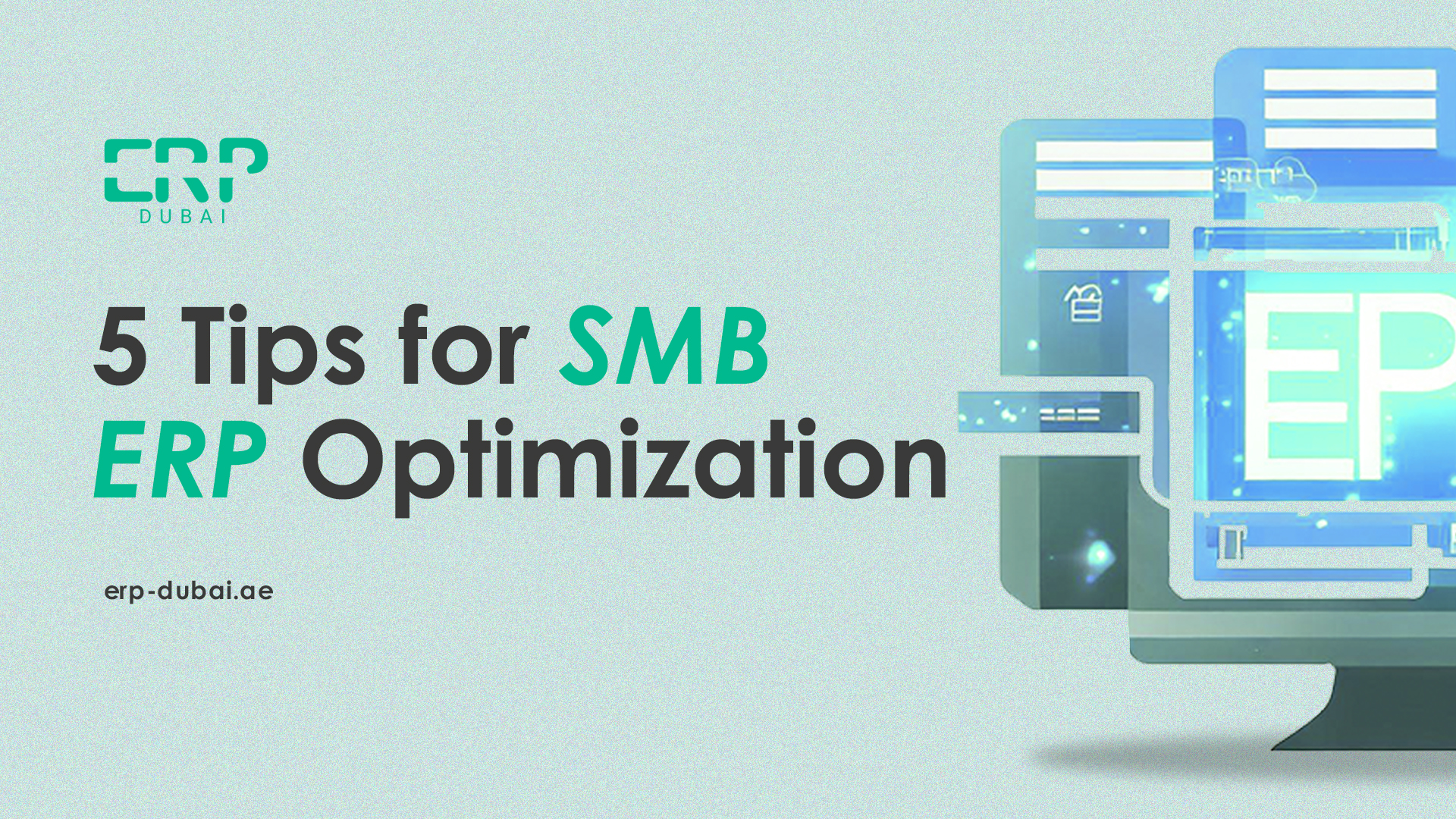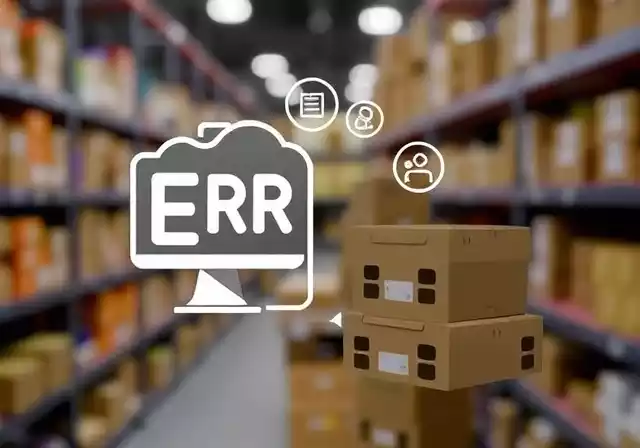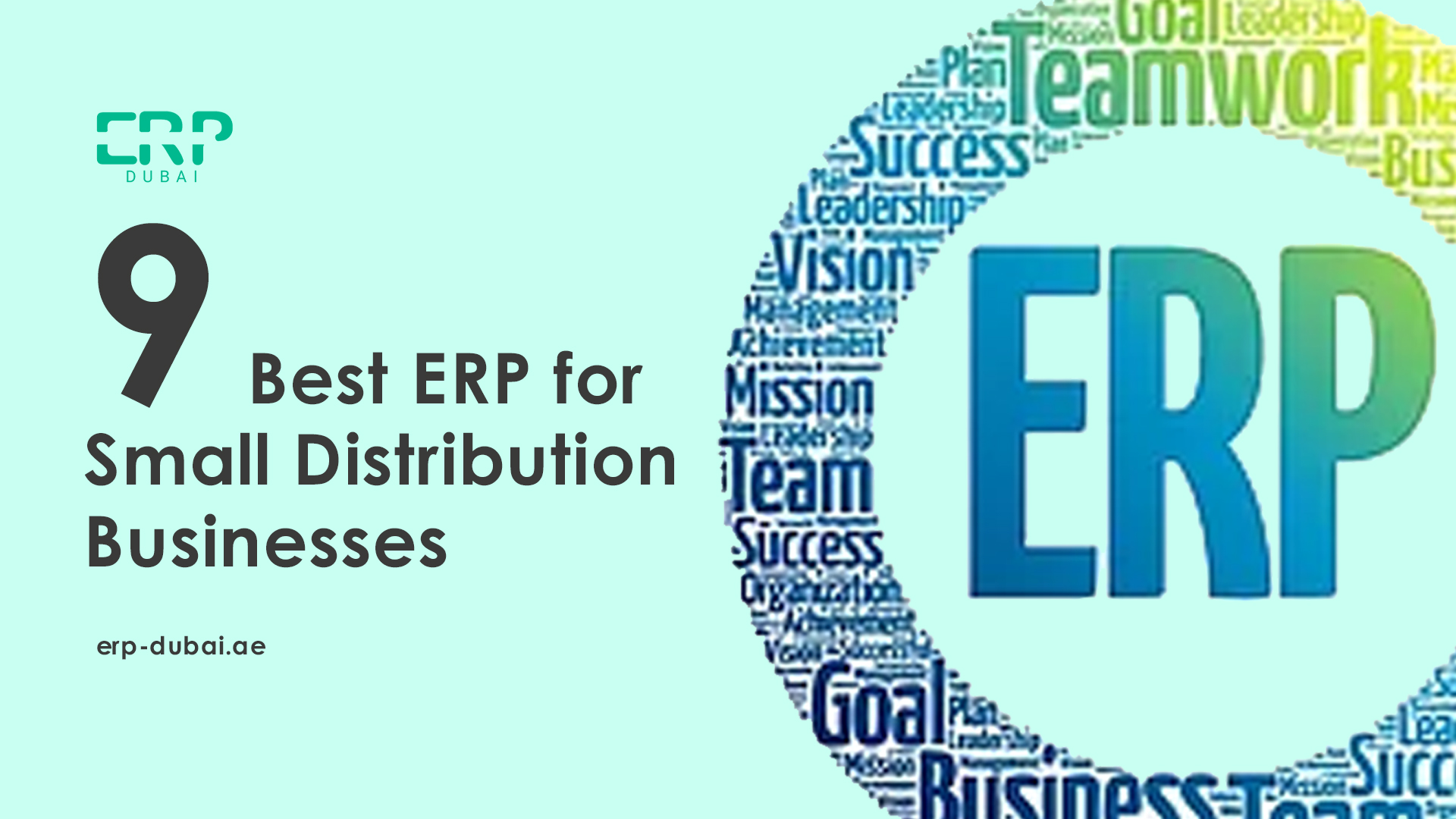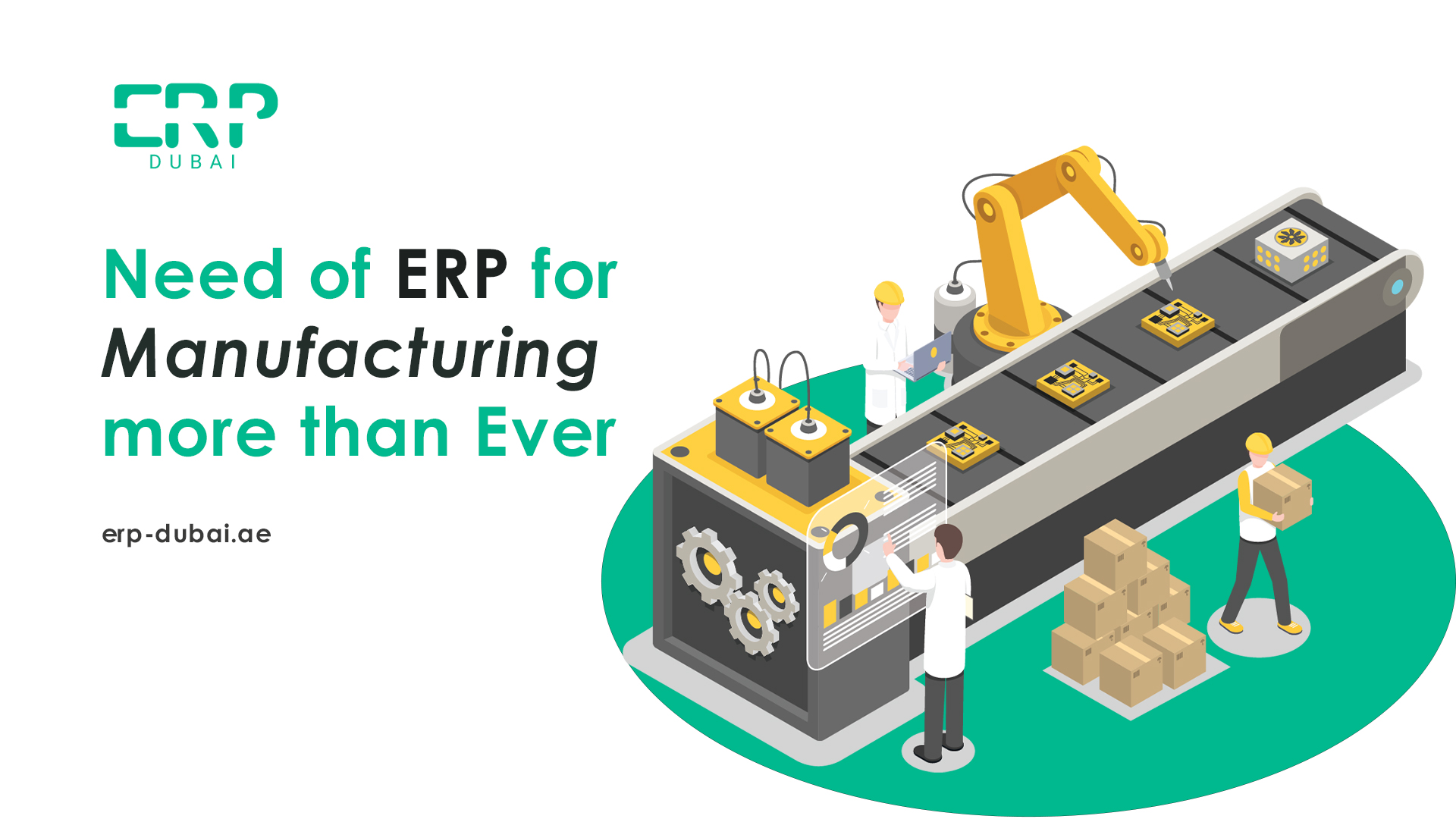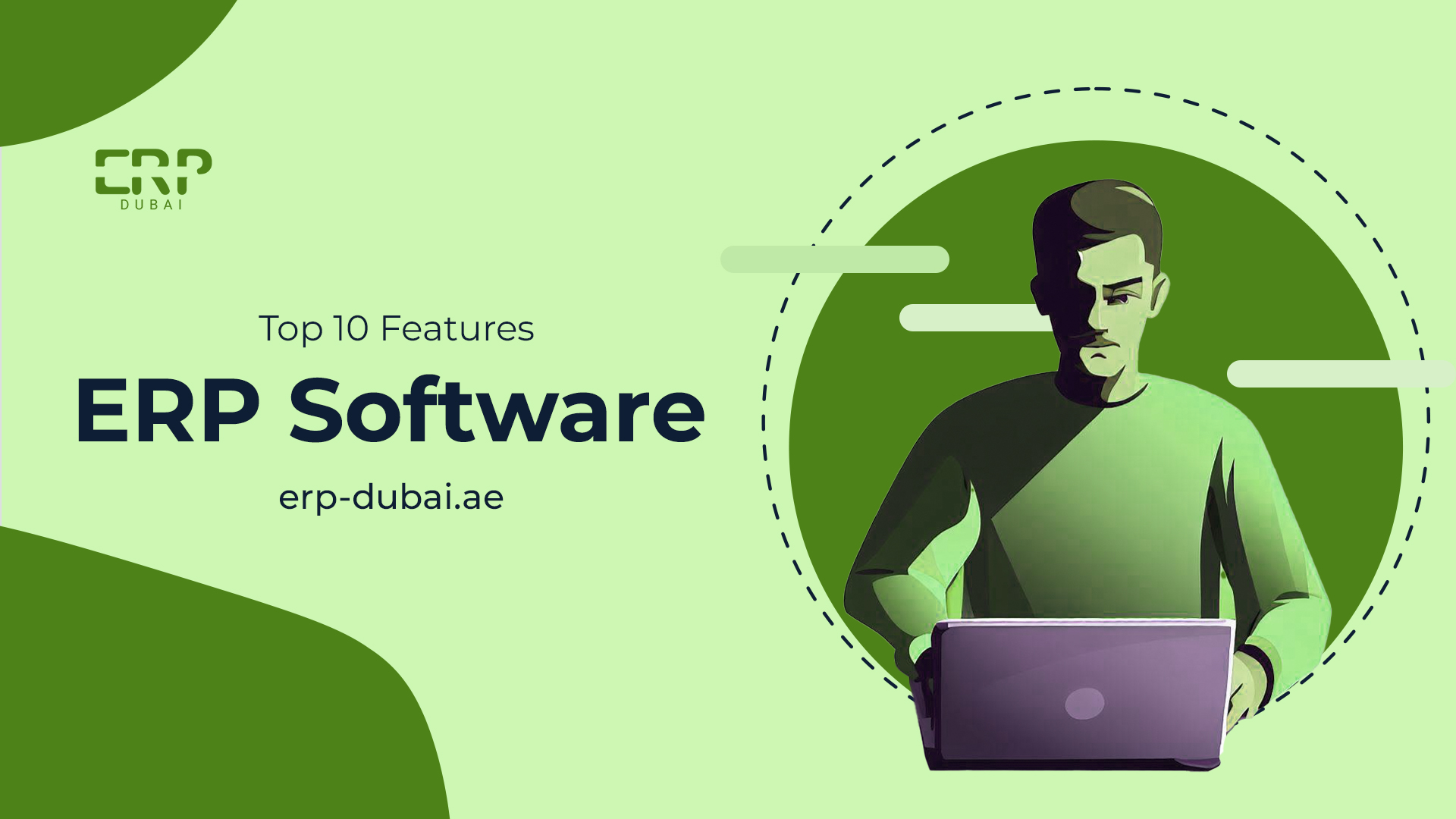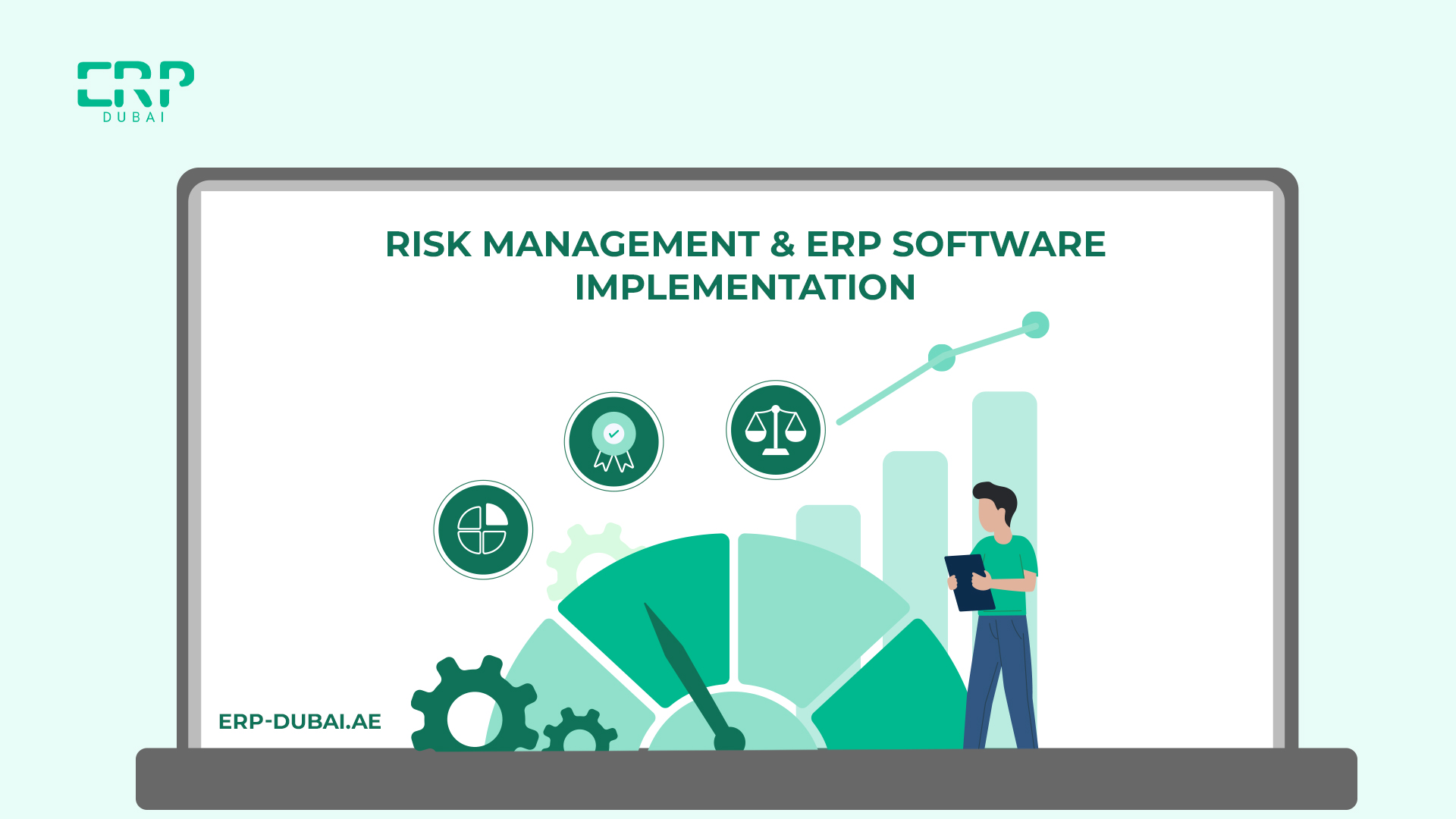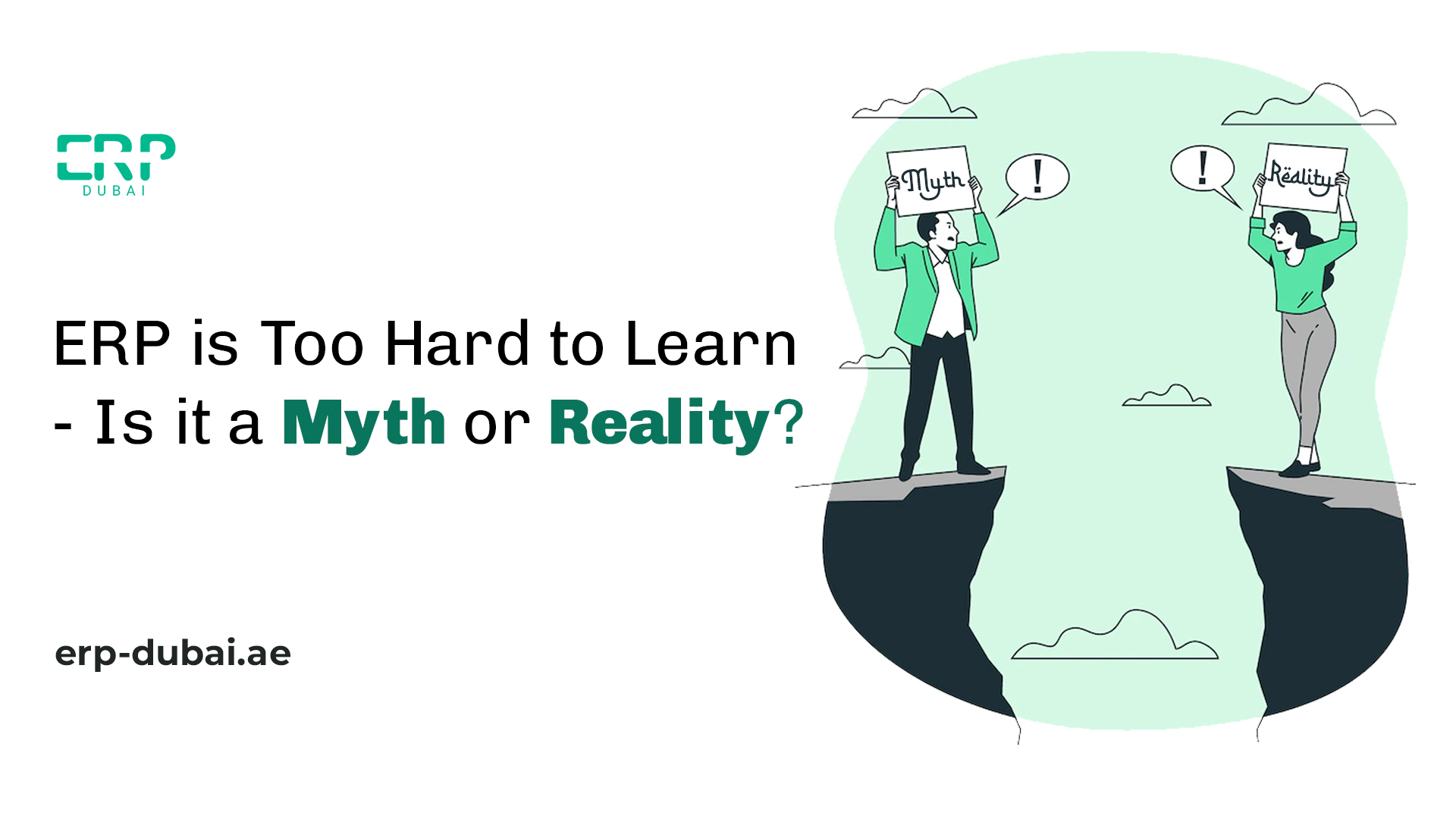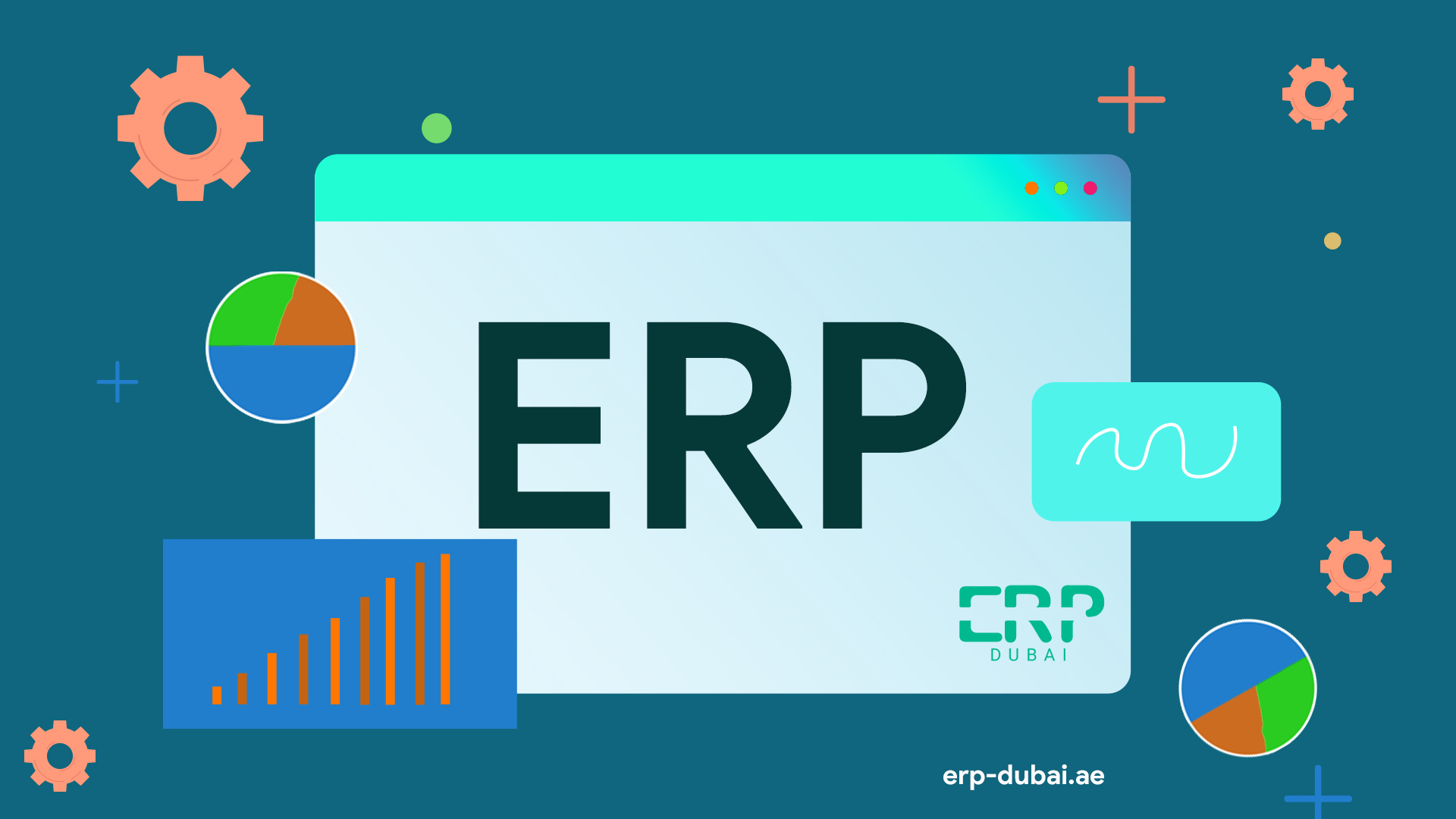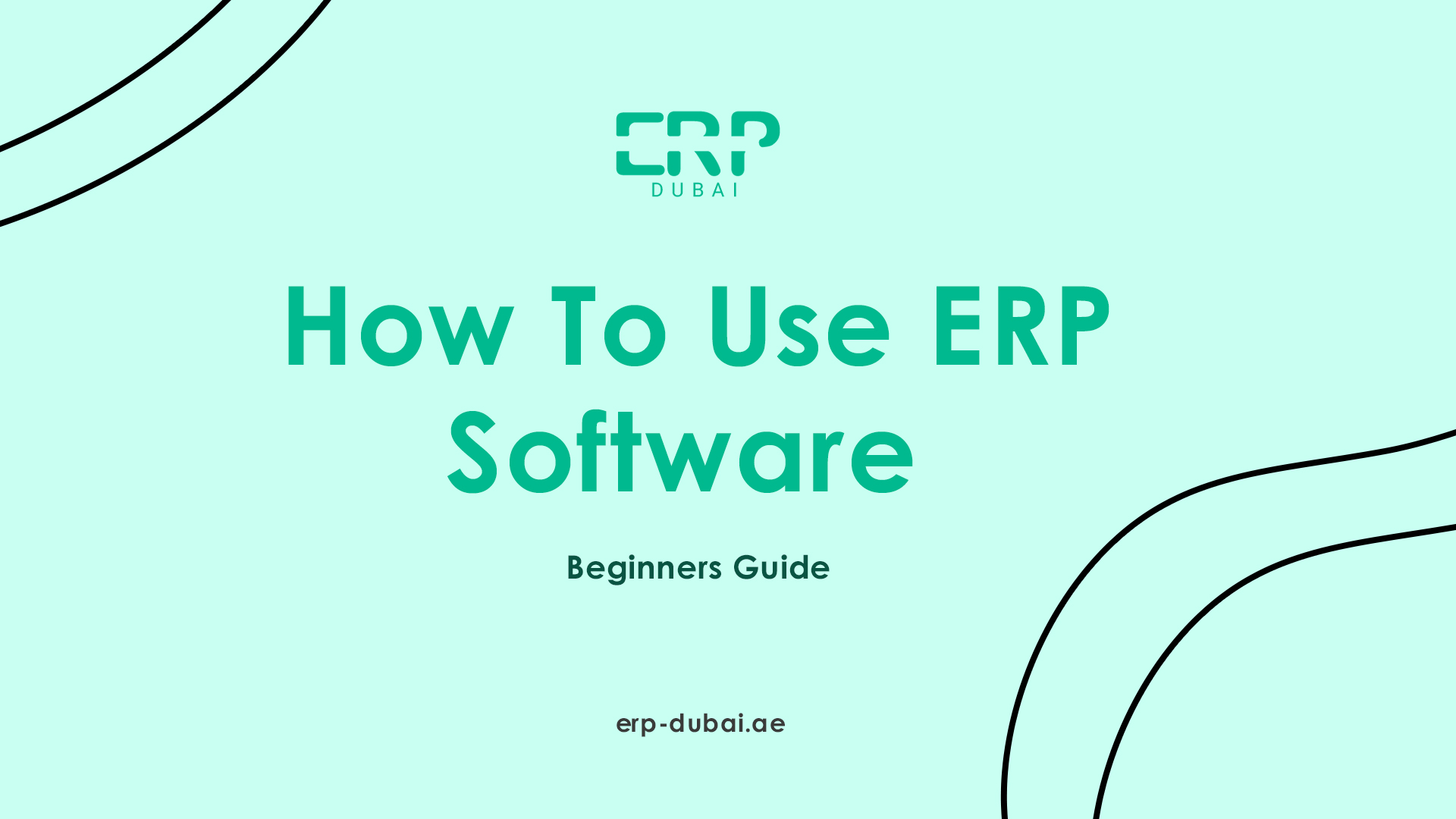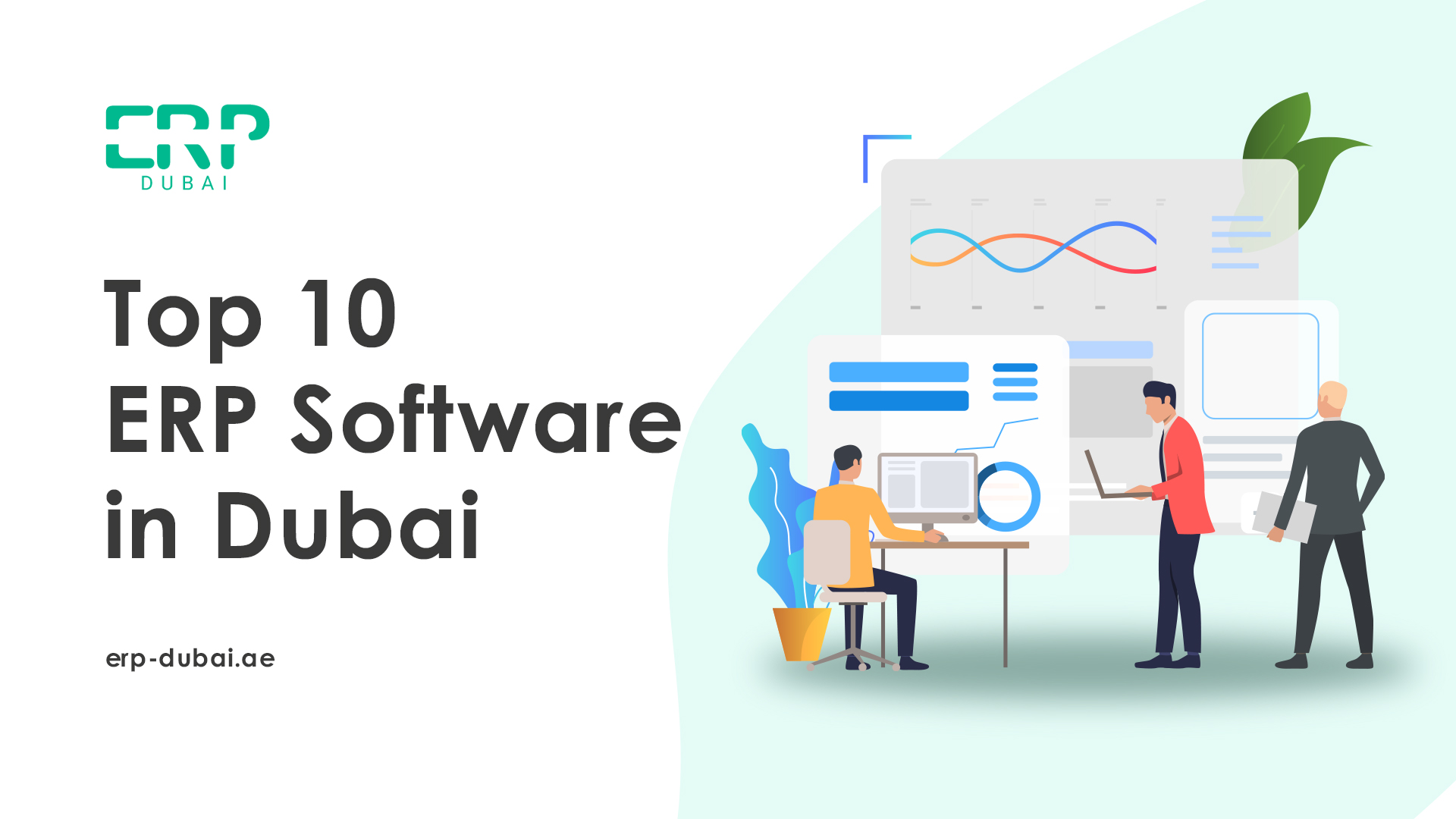No products in the cart.

The Power of BI and ERP Solutions in Manufacturing
The management of the huge amount of data generated each second is one of the most challenging issues facing modern-day manufacturers. In short, a single person (or even a team of people) cannot figure out the amount of shop-floor information that is now available. And if nothing useful results from investing in connectivity and data tracking, what’s the point? One powerful combination that has revolutionized the manufacturing sector is the integration of Business Intelligence (BI) with Enterprise Resource Planning or ERP solutions.
In this blog, we will explore the significant benefits of incorporating BI capabilities into ERP systems for manufacturing companies. Also, let’s discuss how it enables them to harness the power of data-driven insights to achieve operational excellence and stay ahead of the competition.
Comprehensive Data Analysis:
BI tools integrated with ERP solutions enable manufacturers to access and analyze vast amounts of data from various sources. From production and inventory data to sales and customer information, manufacturers can gain comprehensive insights into their operations. By utilizing powerful data visualization and analytics tools, they can identify trends, patterns, and anomalies. As a result, it can lead to more accurate forecasting, efficient resource allocation, and informed decision-making.
Real-Time Monitoring and Reporting:
With BI-enabled ERP systems, manufacturers can monitor their production processes and key performance indicators (KPIs) in real time. At this point, they can track production volumes, equipment utilization, downtime, and other critical metrics. Real-time reporting empowers decision-makers to identify bottlenecks and address issues promptly. By doing this they can make data-driven decisions to optimize production efficiency, reduce costs, and improve overall performance.
Supply Chain Optimization:
Similarly, BI capabilities in ERP solutions provide manufacturers with valuable insights into their supply chain management. They can also monitor supplier performance, analyze inventory levels, and track the movement of goods in real-time. With this visibility, manufacturers can identify areas for improvement, reduce lead times, and minimize stockouts or overstocking. Finally, they can enhance collaboration with suppliers. Streamlining the supply chain results in cost savings, improved customer satisfaction, and a competitive advantage in the market.
Quality Control and Compliance:
Maintaining high-quality standards is crucial for manufacturers. BI integrated with ERP systems enables real-time monitoring of quality control processes. By analyzing production data and conducting statistical analysis, manufacturers can identify potential defects or deviations from standards. With this insight, they can take immediate corrective actions, and ensure compliance with industry regulations. At the same time, they can deliver products that meet or exceed customer expectations.
Demand Forecasting and Inventory Management:
Moreover, accurate demand forecasting and effective inventory management are critical for manufacturers. So, by leveraging BI tools integrated with ERP, manufacturers can analyze historical data, market trends, and customer behavior to forecast demand accurately. This enables them to optimize production planning, minimize inventory carrying costs, avoid stockouts or overstocking, and improve cash flow. Improved inventory management ensures timely order fulfillment, reduces waste, and enhances customer satisfaction.
Predictive Maintenance:
BI capabilities integrated with ERP systems empower manufacturers to implement predictive maintenance strategies. By analyzing equipment performance data, manufacturers can identify patterns and indicators of potential failures. It allows them to schedule preventive maintenance tasks, optimize equipment uptime, and reduce unplanned downtime. Predictive maintenance not only improves operational workflow but also extends the lifespan of equipment, reducing maintenance costs.
Cost Reduction and Improved Efficiency:
Another key point is that BI-enabled ERP solutions help manufacturers identify opportunities for cost reduction and process improvement. By analyzing production data and identifying inefficiencies or wasteful practices, manufacturers can streamline operations, eliminate bottlenecks, and optimize resource utilization. With increased efficiency, manufacturers can reduce production costs, improve profit margins, and invest in innovation and growth.
Strategic Decision-Making:
With BI capabilities, manufacturers can make strategic decisions based on accurate and timely insights. By analyzing market trends, customer preferences, and financial performance, manufacturers can identify new market opportunities. Also, they develop innovative products and create effective sales and marketing strategies. Data-driven decision-making enables manufacturers to stay ahead of the competition, respond to market changes quickly, and drive sustainable growth.
The Bottom Line
ERP solutions efficiently simplify processes and gather necessary data, but to truly maximize the value of your software, use BI to turn ERP data into insights that can be put to use. Your productivity and decision-making will be greatly enhanced by ERP and BI, helping your company go to the next level.
Analytics is one of the most effective BI features available today. It is simple to construct a central data center and get real-time insights because of its pre-built data warehouse and analytics capabilities. Elate ERP and Analytics can be fully integrated, an ERP solution provider, making it simpler than ever to take advantage of in-depth insights.
Get in contact with a Peniel Tech consultant right away to learn more about how ERP and BI support manufacturing success.




